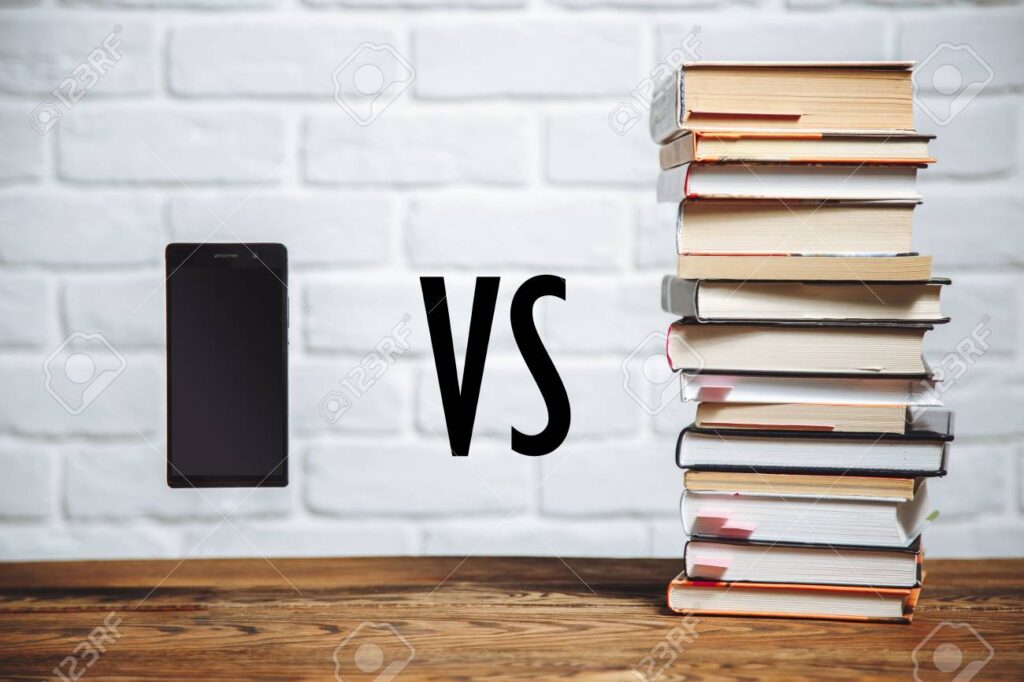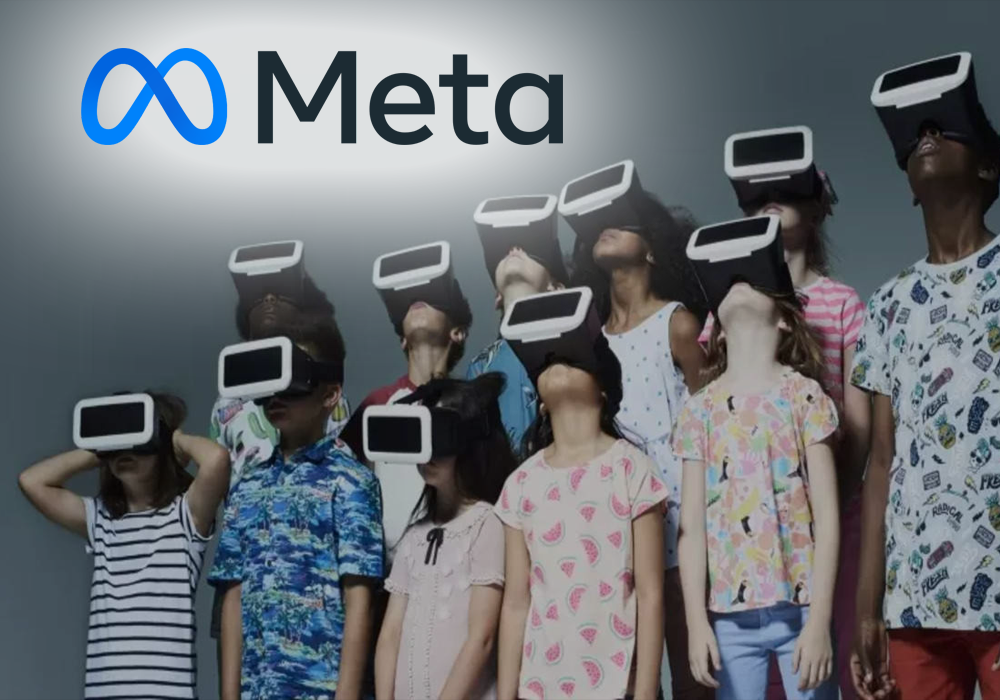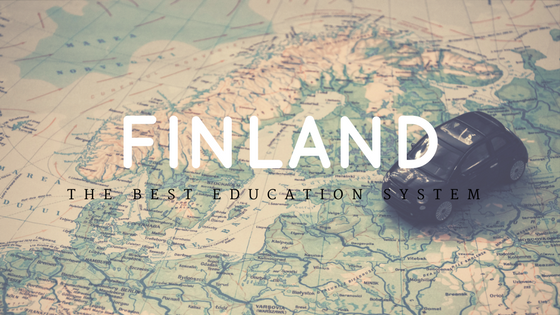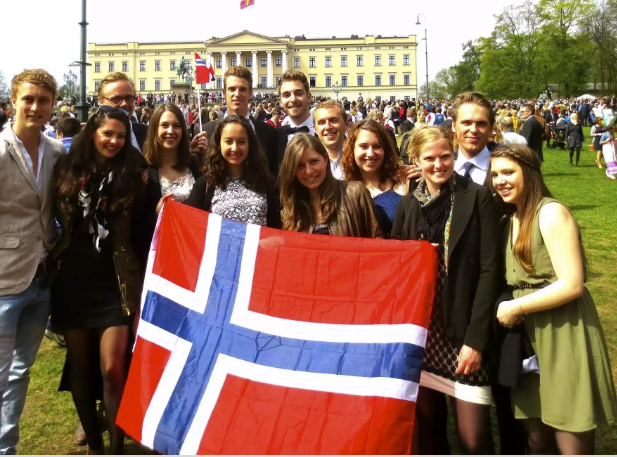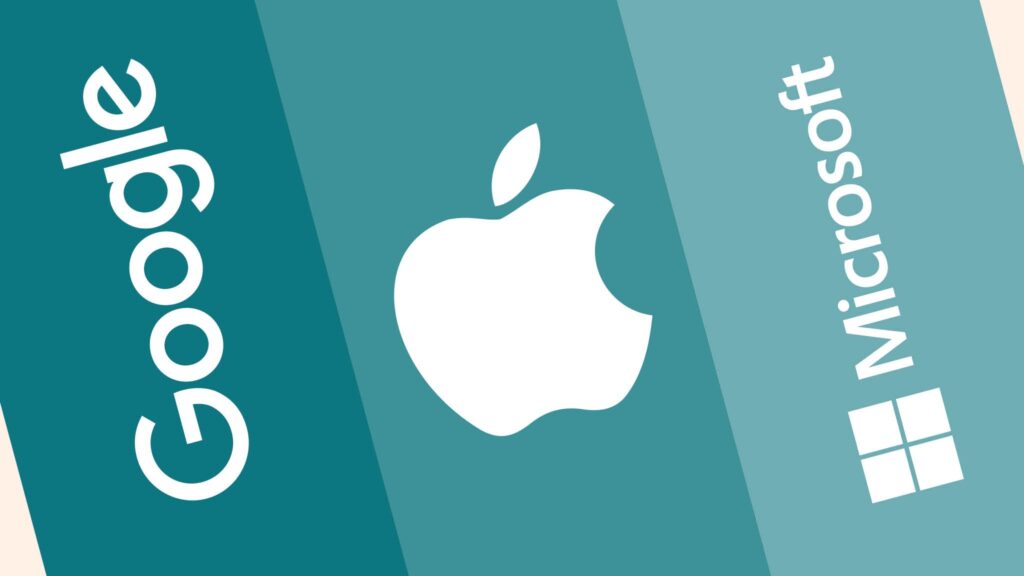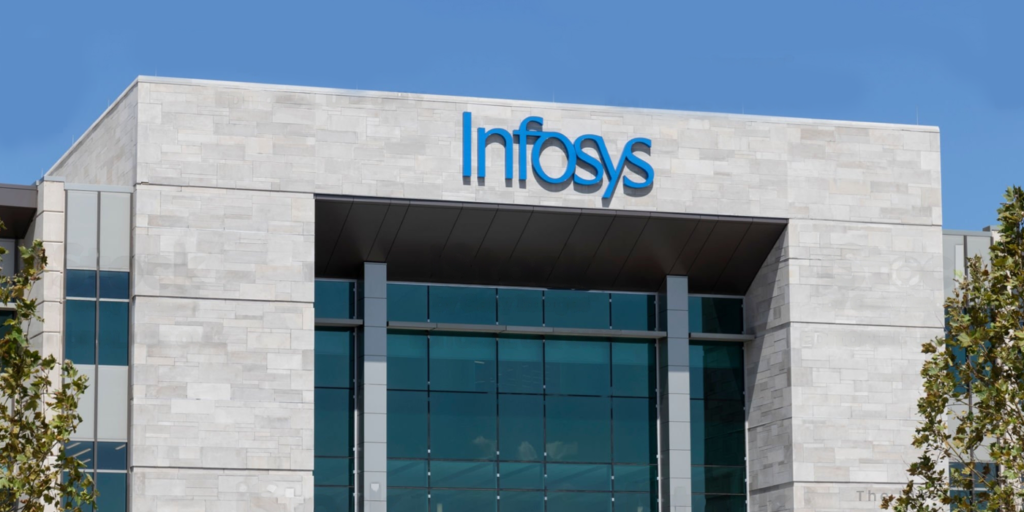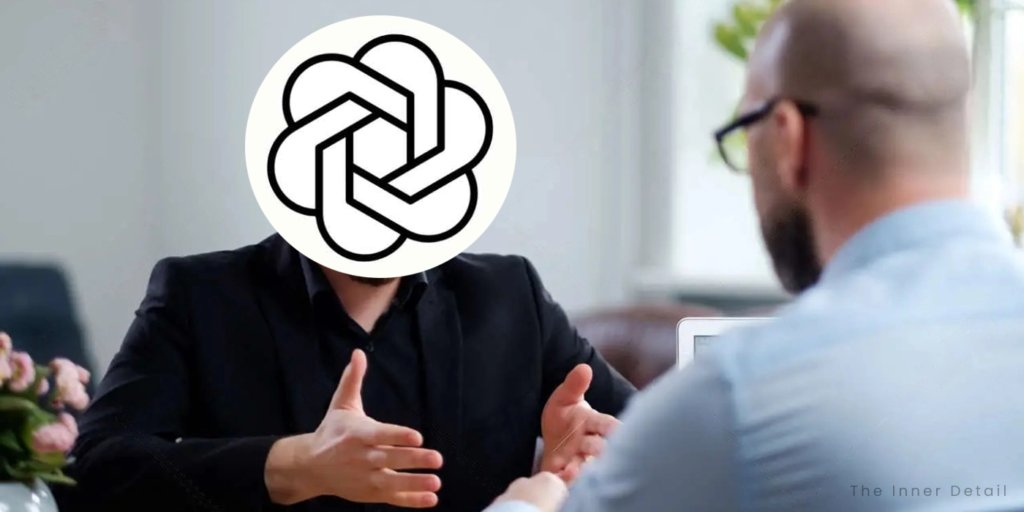In the preface to the 2011 revised edition of his book ‘Out of Our Minds’, Sir Ken Robinson observes that ‘The more complex the world becomes, the more creative we need to be to meet its challenges’, and this is becoming increasingly clear in education and the workplace. People now need to be creative to be successful, but while the idea of success has changed, the education system has not always adjusted its methods or goals to meet it.
The blog inflicts the contrast of the traditional education that is over shadowed with the modern education, a demanded way of learning in this 21st millennium.
Traditional Education
Traditional Education allows the students to acknowledge the education through conventional learning tools, assisted by a tutor, which is followed for many decades. Restricted within classrooms, the conventional learning credits major as a one-way communication. In that case, teacher would be exploiting the blackboards and chalks in a fixed hour to transfer the information to students. Enrolled to an institution for a specific time period, students are asked to attend the class daily at fixed hours. This way of traditional learning though has been shadowed for many years, now exhibits cons of doing it, due to the fleet uplift of the technology and competition.

Pros:
Traditional way of learning has its own worth of making students as:
Socially Interactive: Having access to communicate with friends, caters easy spell to share knowledge besides creating encouragement in students. Being socially active, it makes for one to get attached socially, helping him/her to be a good extrovert in future.
Extra-Curricular Activities: Scientists and researchers suggest that committing oneself to as much activities as possible, is vital for enriching the creativity and intellectual thinking.
Punctual: As students are bid for cited time period, it cultivates the habit of being punctual starting from the childhood.
Traditional education proposes a wide knowledge of a whole subject.
Cons:
Generalized Learning: Traditional methods teach students what is prescribed and the students never have the opportunity to discover their talents in other areas. They are assessed in a similar narrowed way over a pool of wide talents, which is quite degrading.
No Flexibility: As the time frames are rigid, students are prone to a compelled way of learning, making it difficult to cope up with it.
Teacher-centered Learning: Teachers and books are the main sources of information. The depth of learning is constricted to only teachers and books and the students are not acquainted with the latest and resonant information.
The system, if uncovered overall, is a stringent methodology, infeasible for late blooming students to gain through, by not letting them to discover their talents.
Everybody is a Genius. If you judge a fish by its ability to climb a tree, it will live its entire life believing that it is stupid!_Albert Einstein
Modern Education
The latest feasible way of learning online via internet, so called ‘e-learning’, paved the entry of Modern Education to compete the traditional one. The advent of modern education is highly aiding for those who are unable to contribute fixed time lots and high cost, which are the demands of the traditional. Modern Education lets the students to get educated in their realm of interest and driving deep into the subject. Its also responsible for imparting knowledge more effectively and impeccably.
Pros:
Distant Education & Flexibility: Modern Education, as its available entire time via internet, is handy for one to pursue courses over a flexible time frame preferring their convenience. Part-time learners and working professionals can even acquaint by way of this structure. Student-centered: The modern education is purely student-centered, implying limits to acquiring the extent of knowledge is left to students. They can reach to any depth of augmenting their knowledge, if they wish.Career based learning: Careers are the end results of education. Students can embellish their knowledge on a career-objective manner. Choices are numeral to choose the content of learning.
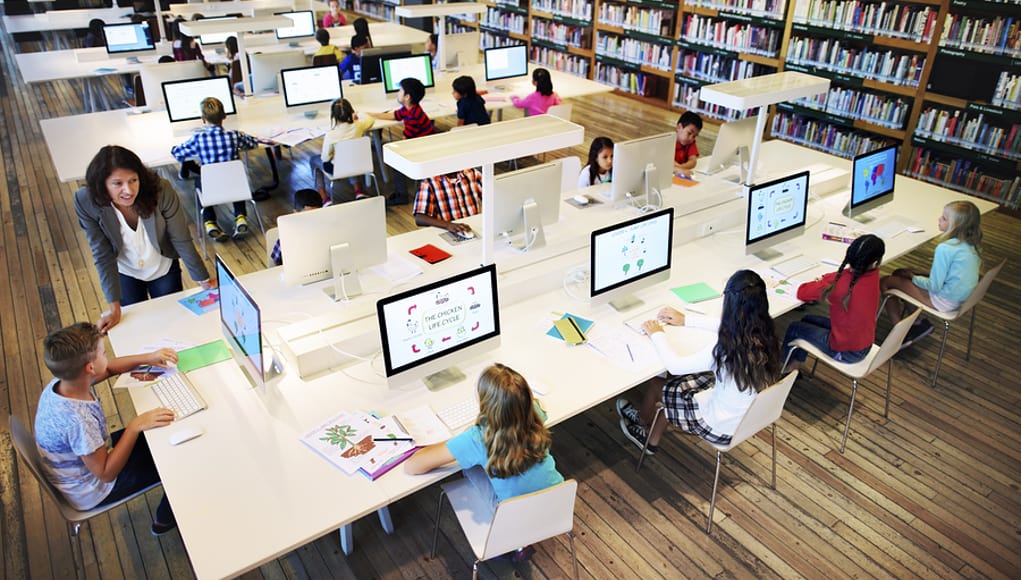
Cons:
Lack of Social Interactions: Online courses are self-paced learning, which coerces to less social interaction and deteriorating the chances of a communed learning.Distractions: Learners who are less determined and motivated, have the chances of getting distracted via internet and probing useless stuffs.
Did You Know? A new method of modern education named, “spaced learning” implies intervals between repetitive learning is influential for prolonged remembering and productive wisdom. For instance, 50 minutes learning schedule with 10 minutes interval as a peerless criterion for cogent learning.
Preferring Modern to Traditional:
The technological prevalence and improvement in the world, seeks learners who are capable of adapting themselves to the scenario and skills required. This way of adapting is valued immensely and hence the traffic to get involved along the improvement is increasing. Growing up with this level of technology means growing up with a completely unprecedented amount of information at your fingertips. There are kids who have never been more than a few seconds away from the answers to their questions, with everything just a quick search away.
Tim Cook, CEO of Apple stated that Apple won’t hire employees preferring certificates, but skills. The outbreak of this and the same by top companies like Google, Adobe and Netflix, pushed the dooming mind out of the box to explore the essential skills wanted by the World and the companies.
It’s not about wide knowledge of a subject but a skillful learning of few topics is what demanded in this 21st century.
“Quality, not Quantity”
Educating Yourself:
Let me cite the first line of the blog over here again,‘The more complex the world becomes, the more creative we need to be to meet its challenges’.
The line emphasizes the need to be creative and skillful over knowledge, as it is what needed by the technological world. Creativity, critical thinking, communication and collaboration are identified as the four ‘Skills for Today’ by the experts in the field. The future of Education demands the same.
Traditional learning may suffice you with knowledge but never with creativity and skills, which are the applications of knowledge. Information and knowledge acquired if not applied effectively is purely a piece of waste. Extend yourself to the wide and deep search of the topic, acknowledge it and apply them creatively, that it must be helpful to the world and to the people.
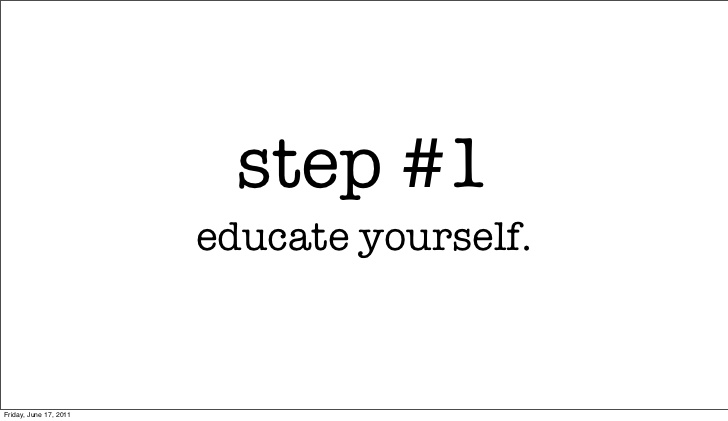
References:
https://xpertcube.com/modern-education-system/`
